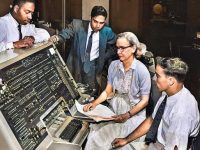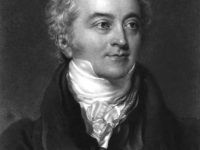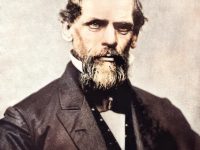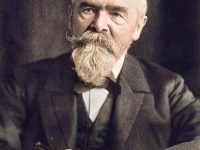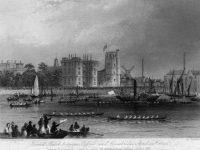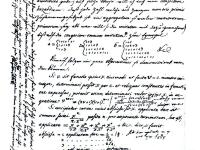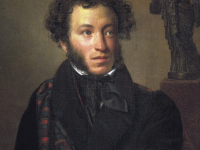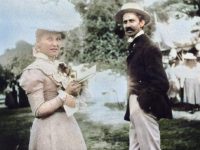Behold the First Commercial Computer (in the US) – the UNIVAC I
On June 14, 1951 the very first electronic computer produced in series (and in the United States), the UNIVAC I (Universal Automatic Computer) was delivered to the US States Census Bureau at the price of $1.6 Mio. It was designed principally by J. Presper Eckert and John Mauchly,[1,2] the inventors of the first general-purpose electronic computer, the ENIAC.[2] Design work was begun by their company, Eckert–Mauchly Computer Corporation, and was completed after the company…
Read more

